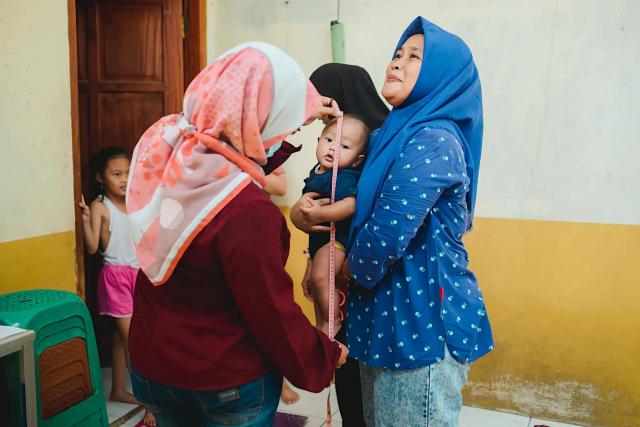
Towards Health Equity
and Resilient Communities
Become a member of the Primary Health Care Community and together we build on the PHC transformation commitment

Why
Primary Health Care (PHC)
PHC has unique capabilities to help systems meet demographic and epidemiological shifts, technological advancements, and citizens’ evolving expectations for health care. However, elements of conventional PHC systems must change in order to fully capitalize on current advantages and forge new ones. PHC system must free itself from a path-dependent chain of reforms that is bound by prior judgments, earlier choices, and established institutions... View More
What
Challenges Faced
Dysfunctional Gatekeeper
PHC is a pillar of efficiency in health systems due to its gatekeeping role. However, frequently, patients—particularly poor patients—pe...View More
Fragmentation
Patients frequently describe health care as fragmented and impersonal every subsystem has their own way of financing and delivering serv...View More
Inequity
Health systems themselves are important determinants of health and health equity. They can perpetuate health inequities by reflecting st...View More
Fragility
Fragile contexts are not limited to large-scale or devastating situations like humanitarian crises. They can also include communities wh...View More
How
Act Now
Connect with like-minded experts
Engage in dynamic discussions, and access a wealth of specialized content tailored to your field.

Inspired by Pencerah Nusantara
In 2012, CISDI initiated the Pencerah Nusantara (PN) program that has been successfully run since. Pencerah Nusantara has revitalized primary health services by sending young professionals in the health and non-health sectors to the Puskesmas.
Having a synergistic collaboration model across sectors and expertise, Pencerah Nusantara improves the health condition of the community by strengthening primary health services in Indonesia.
Read morePast Event
PHC Forum
The Forum functions as the platform for multiple development actors to keep track of progress by monitoring the indicators by which will measure success. A total of 783 participants from policymakers, academics, health workers, civil society leaders, and community members from 11 countries, with more than 90 per cent representing Global South countries.
The two-day event in 13-14 November 2023 featured plenary sessions and focused discussions on competencies. Key themes included recognizing community participation, particularly through Community Health Workers (CHWs), and securing increased funding. The forum highlighted communities as leaders in driving equitable health outcomes, even amidst challenges.
Starting in Indonesia, this forum will drive consultations involving civil society and governments from the Global South, addressing health system resilience and pandemic preparedness.
See More